Oriprim Vet Bolus for Horses: Comprehensive Guide to Indications and Benefits
Oriprim Vet Bolus is a widely used medication in veterinary practices, specifically designed for the treatment of bacterial infections in horses. With a powerful active ingredient, Oriprim, this medication offers a broad spectrum of antimicrobial effects, making it effective against a variety of bacterial pathogens that can cause illness in horses. In this blog post, we will explore the indications, dosage, administration, and precautions associated with Oriprim Vet Bolus to ensure safe and effective use for horse owners and veterinarians alike.
What is Oriprim Vet Bolus for Horses?
Oriprim Vet Bolus is a pharmaceutical product formulated for the treatment of bacterial infections in horses. It contains Trimethoprim, a potent antimicrobial agent that works by inhibiting the growth of bacteria responsible for infections in the body.
How Does Oriprim Work?
Trimethoprim, the key ingredient in Oriprim, works by interfering with the folic acid synthesis pathway in bacteria, effectively preventing the microorganisms from reproducing and causing infection. This mechanism of action makes it particularly useful for treating urinary tract infections, respiratory infections, and soft tissue infections in horses.
Indications for Oriprim Vet Bolus for Horses
Oriprim Vet Bolus is indicated for a variety of bacterial infections in horses. It is commonly used for:
1. Respiratory Infections
- Pneumonia and bronchitis are common respiratory issues in horses, especially those in poorly ventilated barns or high-stress environments. Oriprim Vet Bolus helps treat bacterial pneumonia caused by pathogens like Streptococcus equi and Klebsiella pneumoniae.
2. Urinary Tract Infections (UTIs)
- Horses, particularly those with compromised immune systems, can develop urinary tract infections..
3. Soft Tissue Infections
- Infections in the skin, muscles, and connective tissue are also treated with Oriprim Vet Bolus. Whether caused by Staphylococcus or Streptococcus, this medication helps reduce the symptoms of swelling, redness, and pain.
4. Gastrointestinal Infections
- In cases where enteritis or colitis is caused by bacterial pathogens, Oriprim is used to clear the infection and promote gastrointestinal health.
5. Systemic Bacterial Infections
- Oriprim is also useful in treating more systemic infections that can affect multiple organs, especially when these infections are caused by susceptible bacteria.
Oriprim Vet Bolus Dosage and Usage Instructions for Horses
Proper dosage and administration of Oriprim Vet Bolus are essential for achieving optimal treatment results and minimizing side effects. Below is a detailed guide to help ensure safe and effective use of Oriprim Vet Bolus for horses.
Recommended Dosage
Oriprim Vet Bolus is typically administered based on the weight of the horse. The following guidelines are generally recommended:
- Adult Horses:
- Administer 1 bolus (15g) once or twice daily, depending on the severity of the infection.
- Foals and Smaller Horses:
- For younger or smaller horses, the dosage may be halved, i.e., half a bolus (7.5g) per dose, depending on veterinary advice.
Important Notes on Dosage:
- The bolus is designed to be given orally.
- Always follow your veterinarian’s instructions regarding exact dosage and treatment duration based on your horse’s clinical condition.
Dosage Format for Oriprim Vet Bolus
| Horse Weight (kg) | Dosage (Bolus) | Frequency | Treatment Duration |
| Up to 500 kg | 1 bolus (15g) | Once or twice daily | 5-7 days |
| 501 kg to 1000 kg | 2 boluses (30g) | Once or twice daily | 5-7 days |
| 1000 kg and above | 3 boluses (45g) | Once or twice daily | 5-7 day |
Frequency of Administration
- Once or Twice Daily:
- For most horses, Oriprim Vet Bolus should be given either once or twice per day. The exact frequency will depend on the severity of the infection and the horse’s response to the treatment.
- For severe infections, such as pneumonia or systemic bacterial issues, your veterinarian may recommend administering the bolus twice daily.
Route of Administration
- Direct Oral Administration:
- Place the bolus directly at the back of the horse’s throat to ensure it is swallowed completely. If needed, you can use a pill gun or bolus dispenser for easier administration.
- Mixing with Food:
- If the horse is reluctant to take the bolus, it can be mixed with a small amount of food (like grain, mash, or molasses) to encourage ingestion.
Treatment Duration
- Standard Duration:
- However, this can vary depending on the type and severity of the infection.
- Complete the Full Course:
- Even if your horse seems to improve before the treatment duration ends, it is critical to complete the entire course to ensure the infection is fully eradicated and to reduce the risk of antibiotic resistance.
Adjusting Dosage for Specific Conditions
- For horses with kidney or liver impairment, the dosage of Oriprim Vet Bolus may need to be adjusted, and a veterinarian’s guidance is crucial. Additionally, horses with severe infections may require a slightly higher dosage or more frequent administration.
Monitoring and Follow-Up
- Follow-Up Care: Your veterinarian may want to perform a follow-up examination after the treatment period to confirm that the infection has cleared and no complications have arisen.
Precautionary Measures and Safety Tips
While Oriprim Vet Bolus is generally safe when used according to the prescribed guidelines, there are several important safety considerations and precautions to take into account:
- Liver Health:
Though Trimethoprim is not extensively metabolized by the liver, horses with liver disease may experience delayed drug metabolism, which could result in side effects. - Dehydration:
Ensuring that the horse stays hydrated is crucial when treating infections with Oriprim. Always ensure fresh water is available. - Allergic Reactions:
While rare, some horses may experience allergic reactions to Trimethoprim, including skin rashes, swelling, or difficulty breathing. If any of these symptoms appear, treatment should be discontinued without hesitation.
Commonly Reported Side Effects of Oriprim Vet Bolus
While Oriprim Vet Bolus is generally well-tolerated, like any medication, it can cause side effects in some horses. The most frequently observed side effects of Oriprim Vet Bolus include:
- Gastrointestinal Upset:
- Diarrhea or loose stools is one of the most common side effects. This usually resolves after treatment ends but should be monitored.
- Colic (abdominal discomfort) and loss of appetite may also occur in some horses.
- Lethargy:
- Horses may exhibit signs of fatigue or reduced energy during the treatment period. This is generally mild and should improve as the infection resolves.
- Mild Allergic Reactions:
- Some horses may develop a mild skin rash or hives in response to Oriprim. This condition generally clears up after stopping the medication.
- Increased Thirst:
- In some cases, increased thirst or urination may be observed, likely due to the medication’s effects on kidney function. This is generally a temporary effect.
Scientific Evidence Backing the Use of Oriprim Vet Bolus for Horses
Oriprim Vet Bolus, containing Trimethoprim, has been extensively studied and proven effective in treating a variety of bacterial infections in horses. Here are the key findings from scientific research:
- Respiratory Infections:
- Studies show Trimethoprim effectively treats bacterial pneumonia and bronchitis in horses, reducing respiratory symptoms and improving recovery times.
- Urinary Tract Infections (UTIs):
- Research indicates that Oriprim Vet Bolus is highly effective against coli and Staphylococcus aureus, clearing UTIs and restoring urinary health.
- Gastrointestinal and Soft Tissue Infections:
- Oriprim has proven efficacy in treating gastrointestinal issues like enteritis and colitis, as well as soft tissue infections, by eliminating bacterial pathogens.
- Combination Therapy:
- Combining Trimethoprim with other antibiotics, such as sulfonamides, enhances effectiveness against multi-drug resistant
- Low Resistance Risk:
- Proper use of Oriprim poses a low risk of resistance, highlighting the importance of following appropriate dosage and treatment guidelines.
Conclusion
Oriprim Vet Bolus for Horses is an essential tool in the management of bacterial infections. Its broad-spectrum activity against a wide range of pathogens makes it suitable for treating respiratory, urinary, gastrointestinal, and soft tissue infections in horses. By following proper dosage and administration guidelines, and ensuring regular monitoring for side effects and precautions, horse owners can help ensure their animals recover effectively and safely.Always consult your veterinarian to determine the appropriate treatment plan based on your horse’s health and condition. By doing so, you are taking the necessary steps to ensure your horse’s overall health and well-being. Oriprim Vet Bolus for Horses is a highly effective and reliable solution for treating a wide range of bacterial infections, including those affecting the respiratory system, urinary tract, gastrointestinal system, and soft tissues.







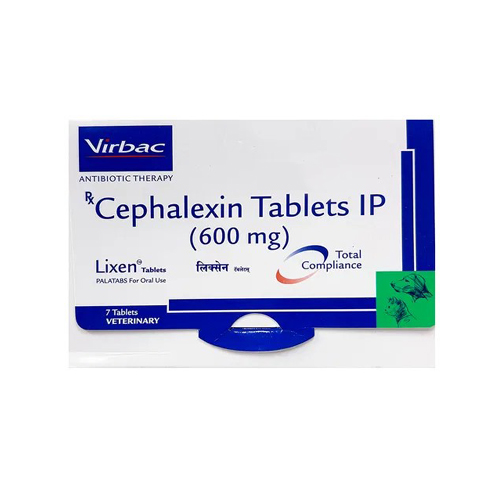
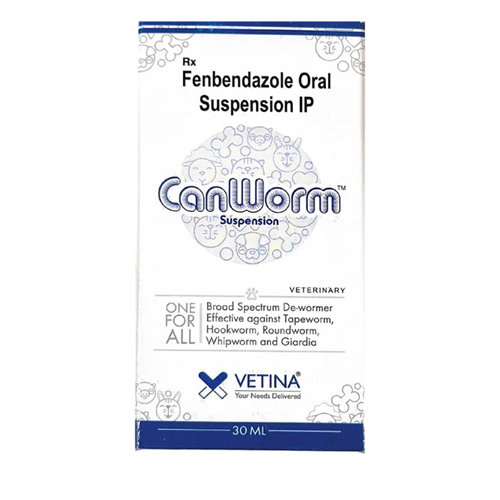



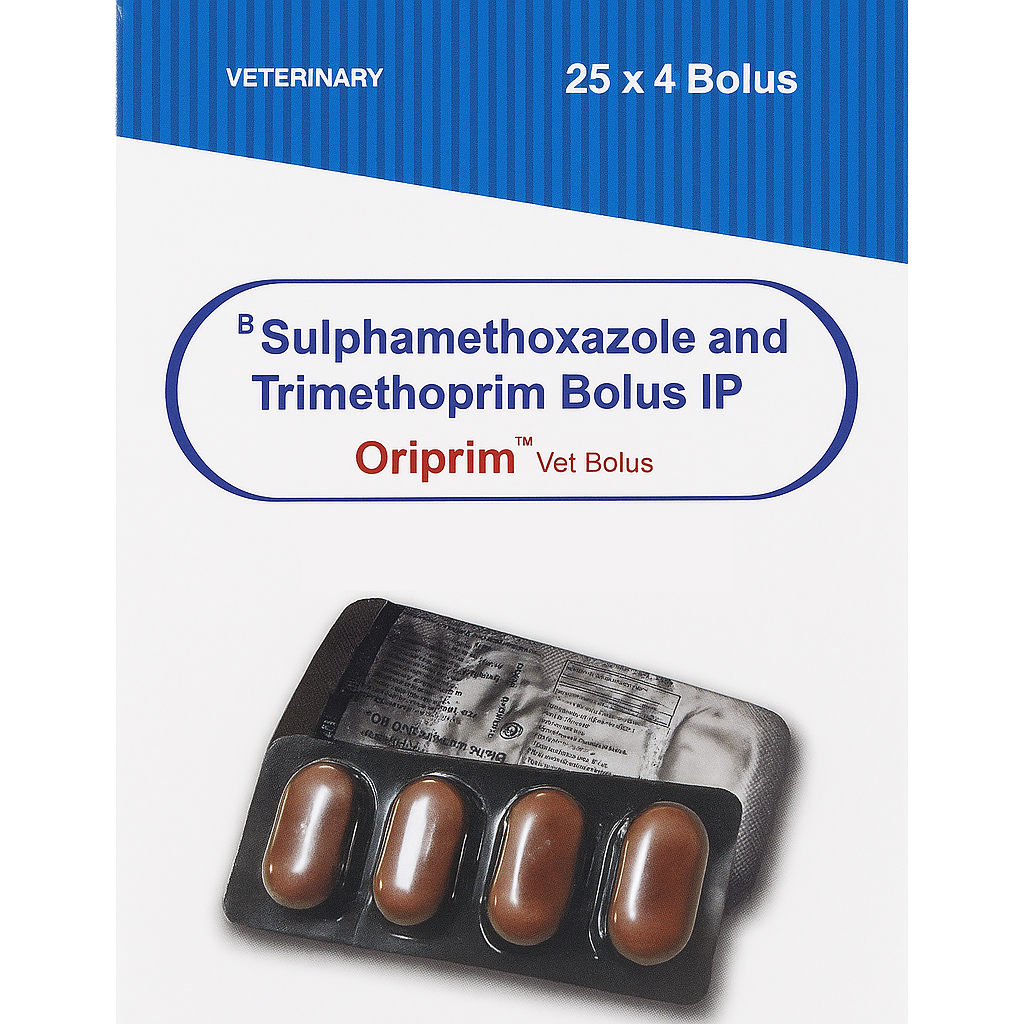
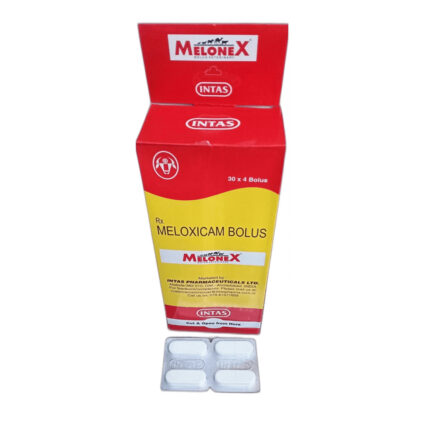
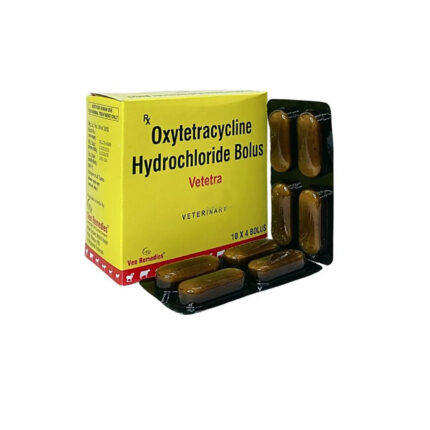
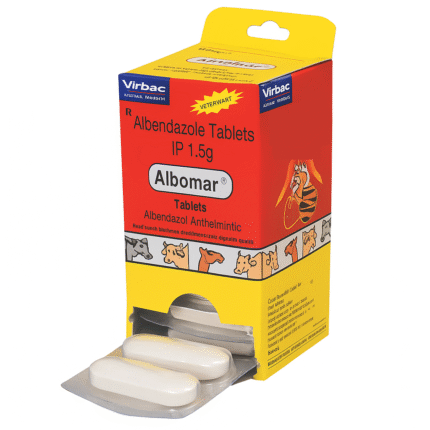
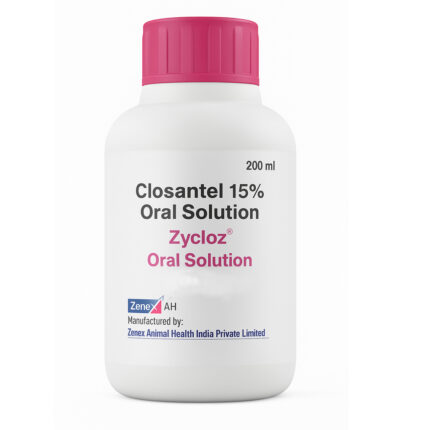
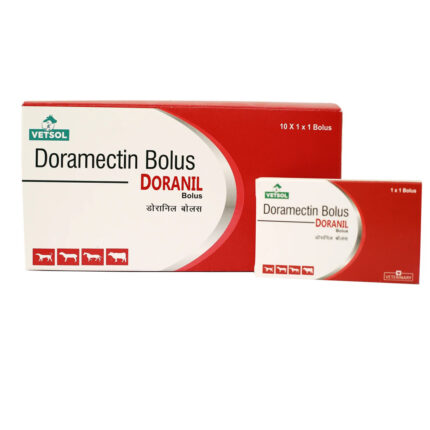
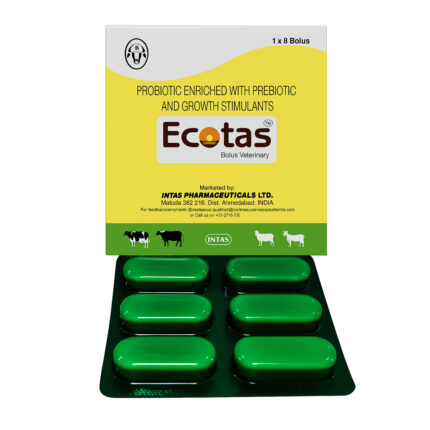
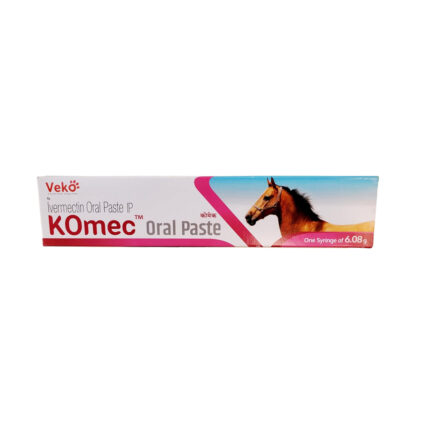
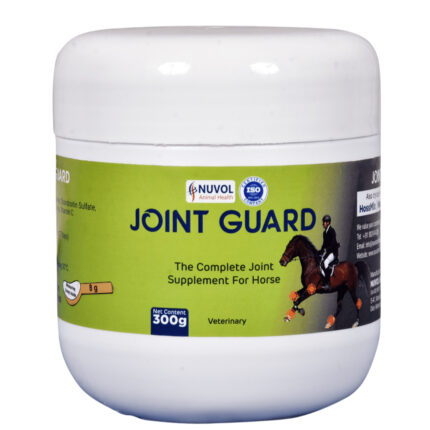
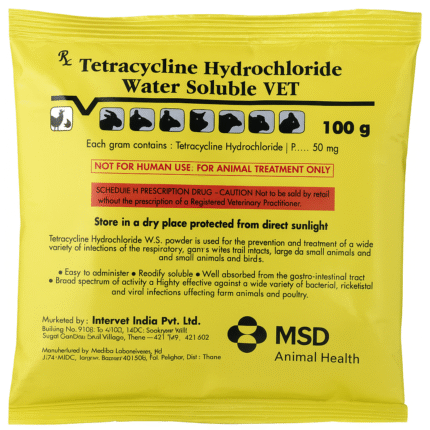
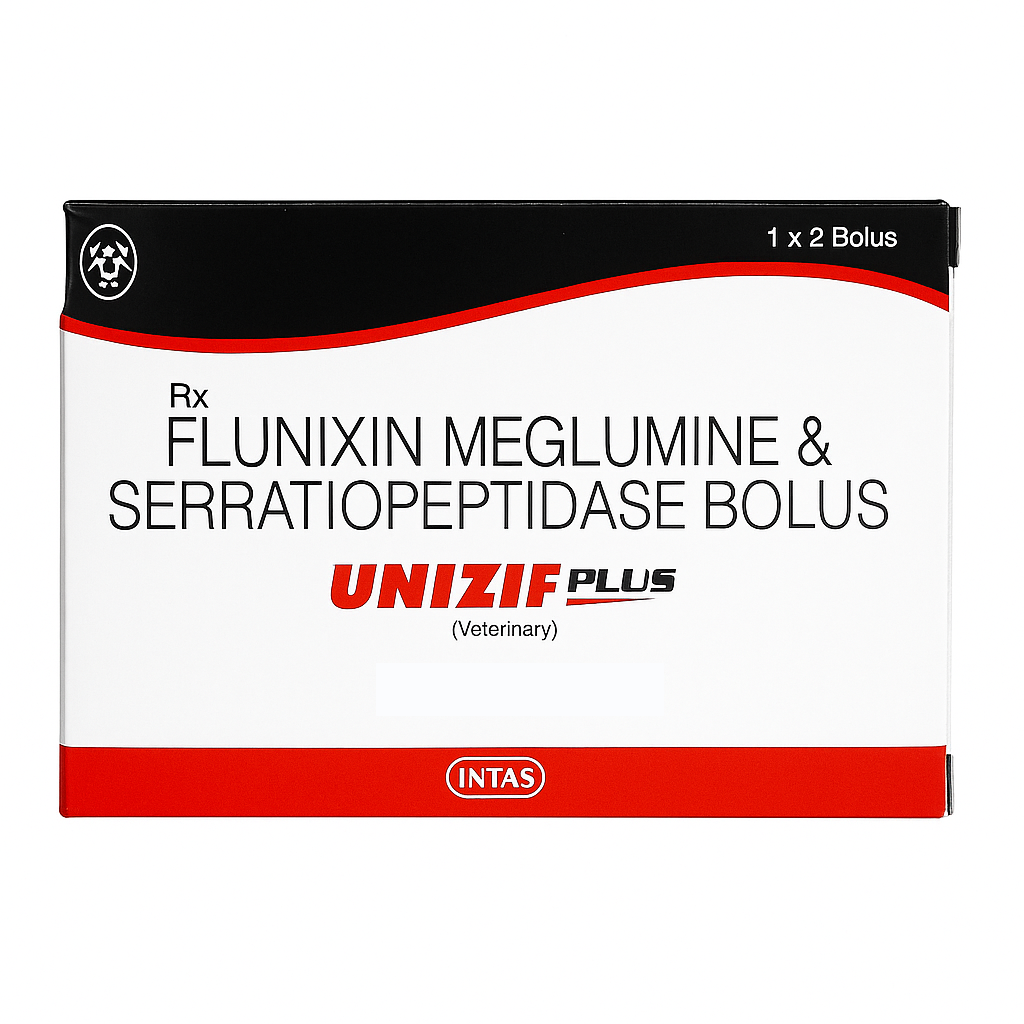
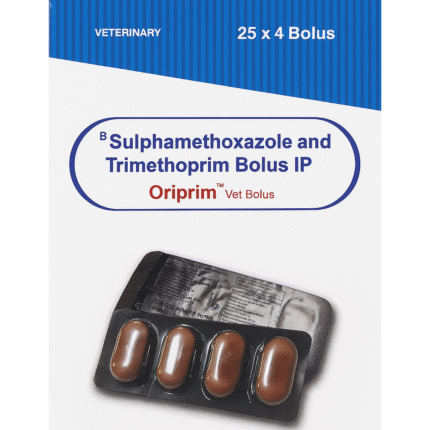
Reviews
There are no reviews yet.